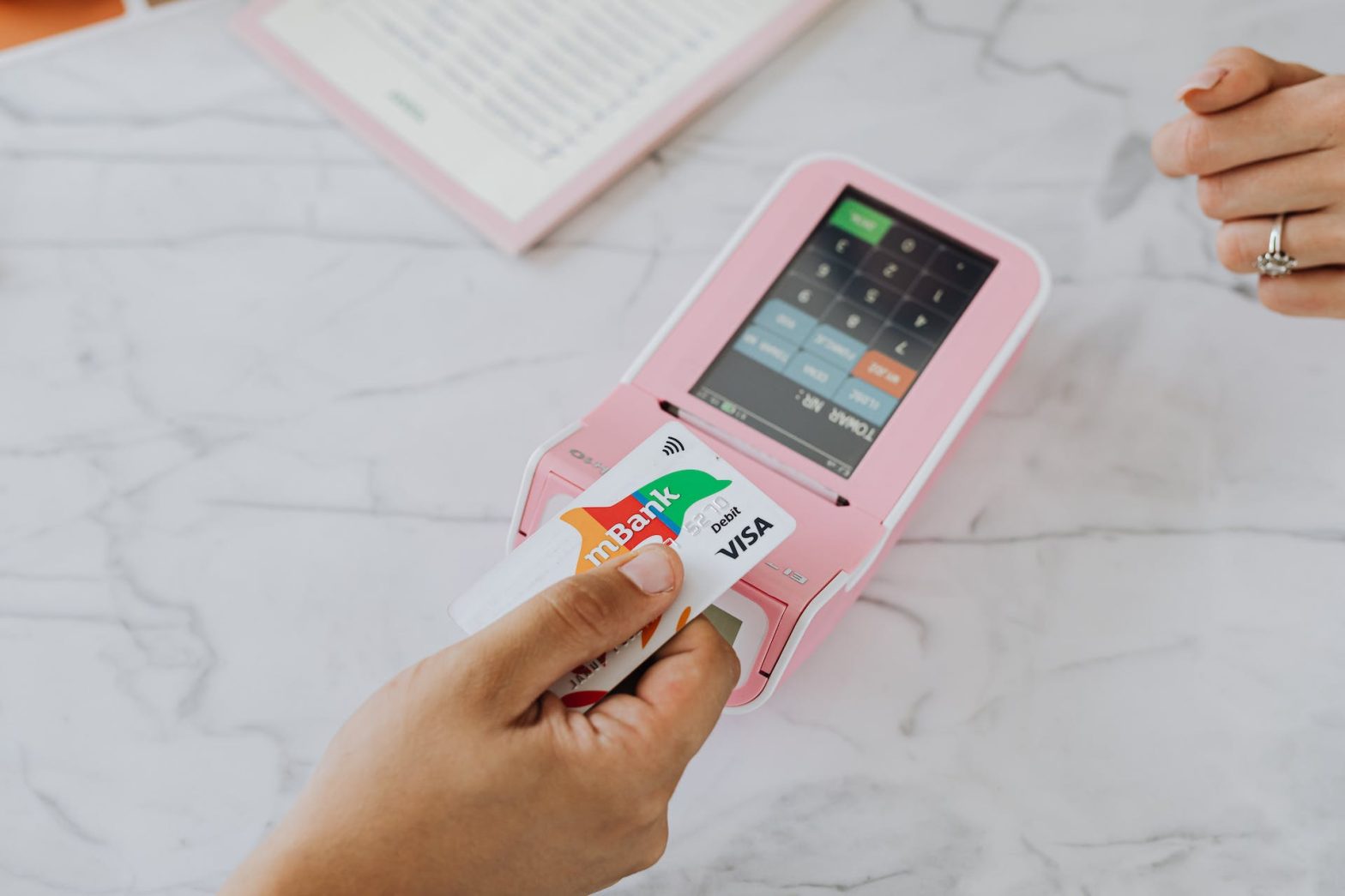As we age, managing finances becomes a crucial aspect of our everyday life, and healthcare expenditures can often pose significant challenges. This is where a senior allowance card comes into play. A senior allowance card, often referred to as a flex card, is a type of prepaid debit card provided by select Medicare Advantage plans. This card can be utilized to cover specific healthcare expenses, thereby reducing out-of-pocket costs for seniors.
Understanding the Concept of a Senior Allowance Card
A senior allowance card operates much like a typical prepaid debit card – it comes pre-loaded with a certain amount of money. This cash allowance can be used for eligible healthcare services and purchases, such as medications, insurance copays, and medical equipment.
It’s important to note that these cards are not a universal Medicare benefit. They are exclusively offered by certain private insurance companies as part of their Medicare Advantage (Part C) plans. This implies that the availability and the provided cash allowance can vary significantly between different insurance providers and plans.
Eligibility for a Senior Allowance Card
To be eligible for a senior allowance card, beneficiaries must be enrolled in a qualifying Medicare Advantage plan. Keep in mind that not all Medicare Advantage plans offer this benefit. Your eligibility and the amount of money you receive depend on your insurance carrier, the plan, and where you live.
However, it’s not just about being eligible. It’s also about choosing the right plan that caters to your healthcare needs effectively. While a senior allowance card may seem like an attractive additional benefit, it’s important to ensure that this added advantage doesn’t come at the cost of sacrificing other crucial medical benefits.
What Can a Senior Allowance Card Cover?
The coverage provided by a senior allowance card depends on the specific Medicare Advantage plan. Here are some common expenses that may be covered:
- Medical Equipment: Durable medical equipment like dentures, glasses, or hearing aids can be a significant expense for seniors. A senior allowance card can be used to cover these costs.
- Prescription and OTC Medications: Prescription drugs can be a significant out-of-pocket expense for many seniors. A senior allowance card can help offset these costs. Additionally, over-the-counter (OTC) medications are also generally covered by these cards.
- Insurance Copays and Deductibles: Copays and deductibles can add up quickly, especially for seniors with chronic conditions who require regular medical care. A senior allowance card can be used to cover these expenses, reducing out-of-pocket costs.
- Dental, Vision, and Hearing Care: Many Medicare Advantage plans that offer senior allowance cards allow them to be used for dental, vision, and hearing care expenses. These can include routine check-ups, glasses or contact lenses, hearing aids, and more.
Remember, it’s crucial to verify the eligible items before using your senior allowance card. The information regarding eligible expenses is usually available from your health insurance carrier.
The Truth about Senior Allowance Cards
While senior allowance cards are legitimate, it’s important to be aware of potential scams and misleading advertisements. Some advertisements claim that a flex card can give you more than $2,880 to spend on whatever you like. It sounds too good to be true — and in some cases, it may be. The average flex card benefit in 2023 was around $500.
It’s important to thoroughly understand what a senior allowance card can offer and what it can’t. They are not “free money” and are not universally available to all Medicare beneficiaries. They are a benefit of certain Medicare Advantage plans, and their use is limited and regulated by insurance companies.
Avoiding Medicare Flex Card Scams
Unfortunately, some Medicare flex card advertisements are scams that prey on older adults. These scams typically direct you to a website or phone number that asks for private information, such as your Social Security number, Medicare information, or bank account details.
To avoid falling victim to a scam, consider the following red flags:
- Ads that claim flex cards can be used to pay for gas and groceries.
- Ads that claim flex cards are universally available to Medicare participants.
- Individuals who contact you first, without your permission.
- Middlemen who get paid to refer you to insurance companies.
The best way to avoid scams is to go directly to the insurance company. If you’re not sure how to proceed, your local Area Agency on Aging may be able to help.
Making the Most of Your Senior Allowance Card
If you have a Medicare Advantage plan that offers a flex card, it’s essential to understand how to use it effectively. Keep track of your spending and ensure you’re using the card for eligible expenses. Unused funds typically expire at the end of the plan year, so make sure to take full advantage of your benefit.
Remember, a senior allowance card should be just one factor in choosing a Medicare Advantage plan. It’s important to consider all the benefits, costs, and coverage options of each plan to ensure it meets your healthcare needs.
Conclusion
A senior allowance card can be a valuable benefit for Medicare beneficiaries, helping to reduce out-of-pocket healthcare expenses. However, it’s essential to understand what these cards cover, their limitations, and eligibility criteria. By doing your research and choosing the right plan, you can maximize the benefits of your senior allowance card while ensuring you have comprehensive healthcare coverage.
Remember, while these cards offer a certain degree of financial relief, they should not be considered a replacement for comprehensive health coverage. Always prioritize your healthcare needs when selecting a Medicare Advantage plan.












